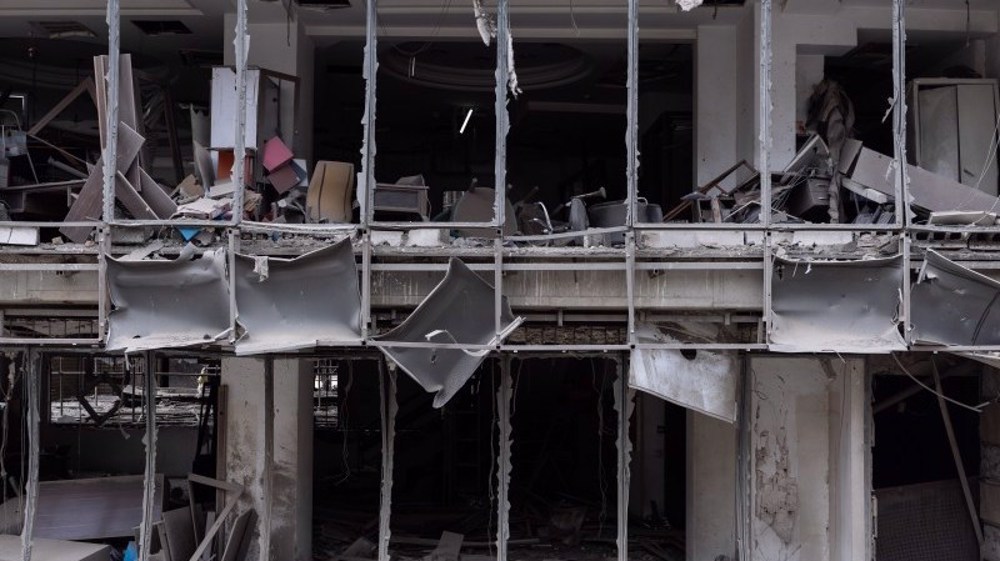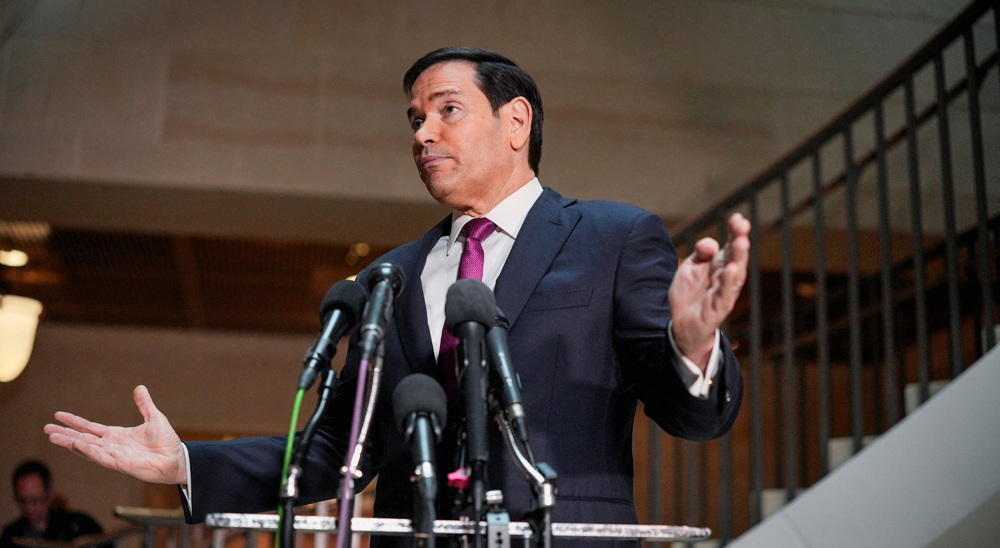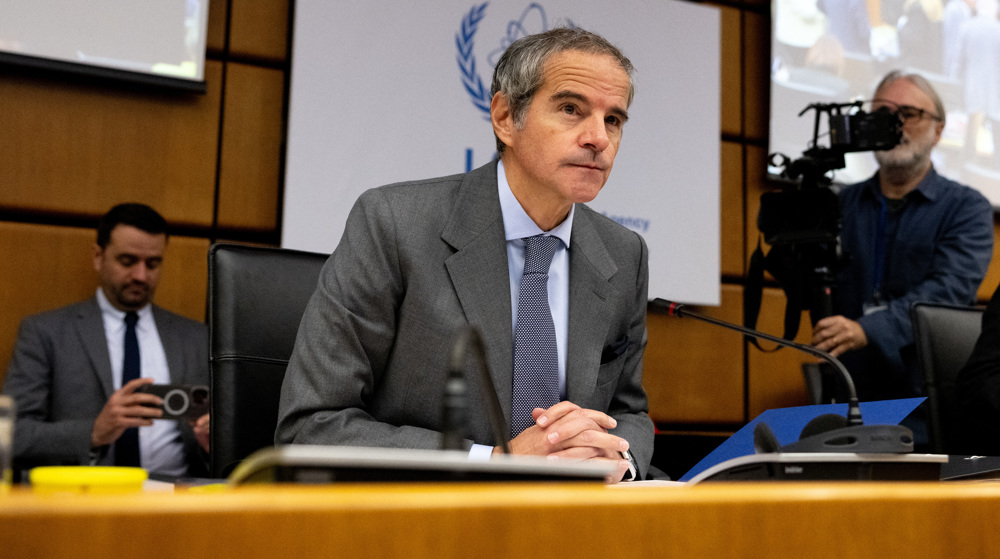Moscow warns EU3 against triggering JCPOA dispute mechanism: Russian diplomat
Russia's permanent representative to international organizations in Vienna says Moscow has warned Britain, France, and Germany - collectively known as the EU3 – against triggering the 2015 Iran nuclear deal dispute mechanism.
“We have warned our Western partners against taking such a step by reminding them of the negative implications of such a process,” the Islamic Republic News Agency (IRNA) quoted Mikhail Ulyanov as saying on Saturday.
“The Kremlin views this measure taken by the three European states in negative light,” he added.
Last week, the three European signatories to the Joint Comprehensive Plan of Action (JCPOA) released a statement saying the mechanism was activated in response to what they claimed was Iran’s repeated violations of the accord.
Iran, however, has rejected the accusations, saying it has suspended its JCPOA obligations as permitted under the deal in cases where other JCPOA signatories fail to uphold their commitments.
The European push to trigger the dispute mechanism may ultimately lead to the restoration of UN sanctions against Iran which were lifted under the JCPOA.
In a press conference on Friday, Acting Russian Foreign Minister Sergei Lavrov slammed the European measure as a “dangerous turn” which aims to use the moment of heightened tensions between Iran and the US to “blame Iran for all what happened”.
He said the European signatories of the deal had failed to set up a promised trade mechanism to bypass US sanctions against Iran and uphold their JCPOA commitments.
Washington imposed crippling economic sanctions against Iran after unilaterally pulling out of the nuclear deal in May 2018.
The US has since coupled economic measures with regional military deployments and provocations as part of a bid to wage a campaign of “maximum pressure” against Tehran.
Earlier this month, Washington ignited serious tensions in the region by assassinating Lieutenant General Qassem Soleimani in Baghdad International Airport while he was on a formal visit to Iraq.
Iran retaliated by firing volleys of ballistic missiles at Ain al-Asad, a large airbase hosting about 1,500 US troops in Western Iraq, and another outpost in Erbil, the capital of the semi-autonomous Iraqi Kurdistan, last week.
‘Iran seeks deescalation’
Speaking in Washington less than a week after visiting Tehran, Pakistani Foreign Minister Shah Mehmood Qureshi said that Tehran “did not seek to escalate things".
"Iranians don’t want war, they don't want further bloodshed,” he said while speaking to reporters on Friday.
Qureshi added that Tehran had expressed its willingness to ease tensions over differences with Riyadh and certain other Persian Gulf nations.
"They said they are willing to engage at any level and in any format," Qureshi said.
Iran says committed to regional security; retaliatory attacks only target Israel, US assets
'Blatant war crime': Iran denounces US-Israel strikes on Gandhi hospital in Tehran
IRGC spox: 650 casualties for US military in two days as Iran missiles force aircraft carrier to fle
Tehran warns of false-flag operations, says Israel ‘undoubtedly’ seeking to widen war
New wave of attacks devastates key US base in Bahrain as Iran strikes back
Melania Trump chairs UN children's meeting as Iran buries kids killed in US-Israeli attack
Why Iran’s Leader refused special protection, leading from the front until last breath
Hezbollah strikes Israeli surveillance, military base in Golan Heights, occupied lands

















 This makes it easy to access the Press TV website
This makes it easy to access the Press TV website